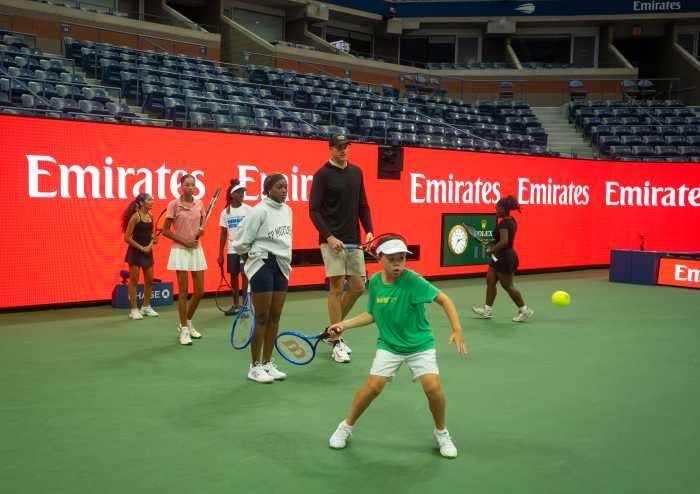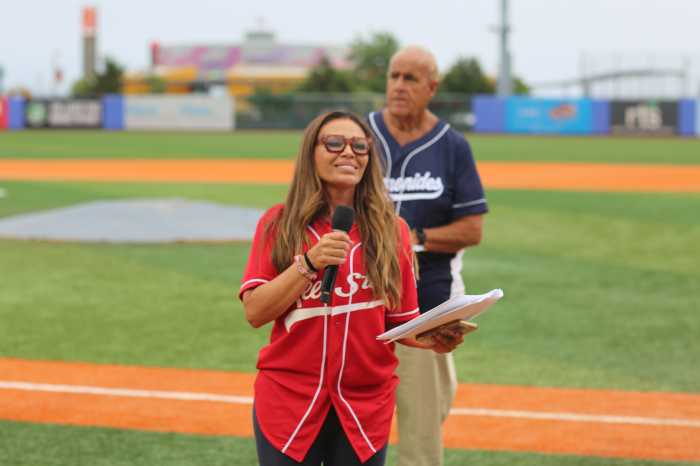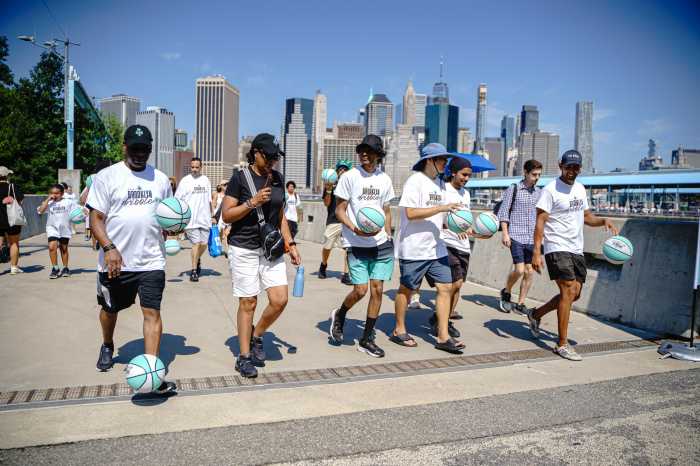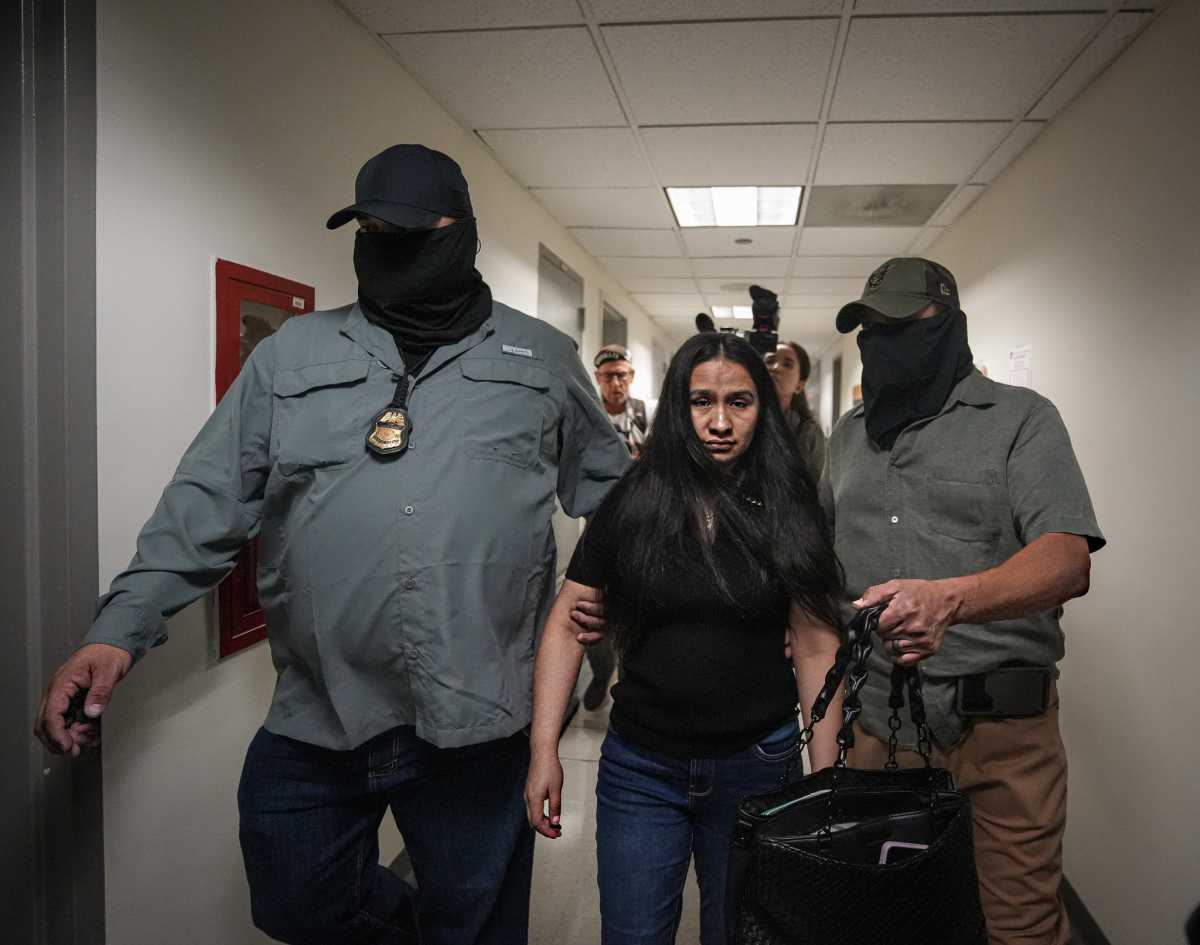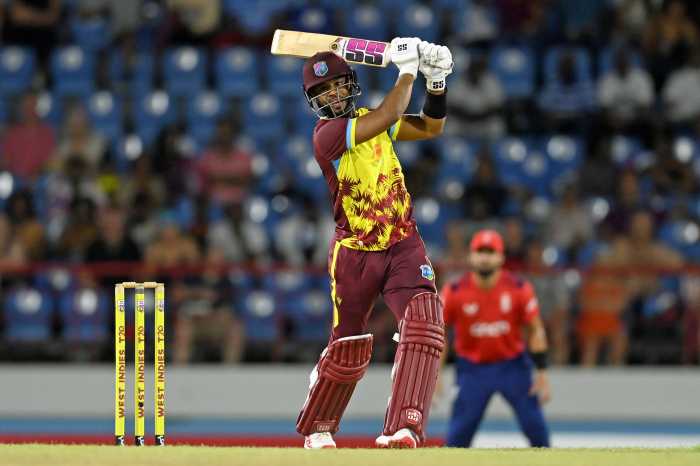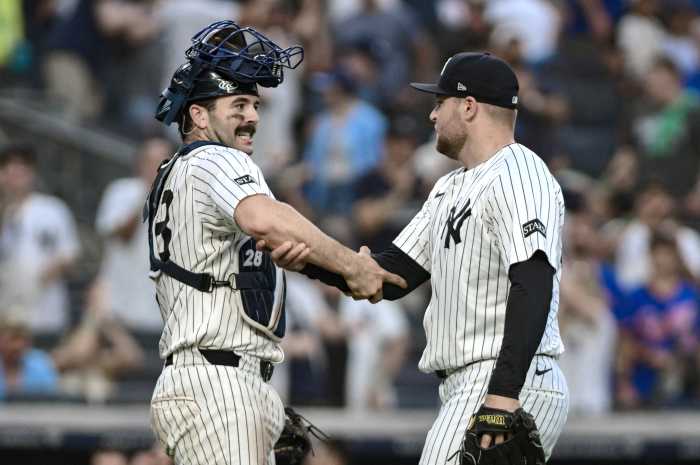Mickey Mantle once said, “It’s unbelievable how much you don’t know about the game you’ve been playing all your life.”
Those famous words didn’t hit home until I came to Brooklyn to cover a sport I thought I knew. When friends asked me if I had enough baseball savvy to cover a professional baseball team, I confidently nodded. I had played Little League and pick-up games with friends. I watched some baseball on TV. I knew about baseball.
Then I arrived and heard some words and phrases I had never thought had any correlation to the game. Seriously, what could a “can of corn” or “ducks on a pond” have to do with baseball? What is a 4–6–3 double play? And why do people keep saying “He’s got good cheese?”
I realized pretty quickly I needed a language lesson to get me caught up to speed to the vernacular of the ballpark. Just as I had done when I began to learn Spanish, I learned how important learning a new language can be to succeeding in the environment.
Many players on the Cyclones’ roster are from Spanish-speaking countries. Most of these players couldn’t speak English when they arrived and are trying to learn a new language while also trying to make it to the big leagues, a juggling act that manager Rich Donnelly said is no less than amazing.
“I can’t even imagine what they’re going through,” Donnelly said. “I’m absolutely amazed how they adjust to the United States. We have 22 classes a summer for these kids to learn English, and it’s a grind for them. And then, on top of that, they’ve got baseball.”
Third baseman Anthony Chavez is from the Dominican Republic and is making just his second season in the United States. He has had a difficult time learning the language, and still does not speak or understand it, but said the adjustment needs to come regardless.
“It’s not easy, but I’ve got to do it,” Chavez told me in Spanish. “The truth is, I’m in a country where I can’t communicate, but I’ve got to make the adjustment and do my best.”
A list of names hangs on a bulletin board in the Cyclones’ locker room with the title “English Classes.” Chavez, along with several other Hispanic players including Julio Concepcion, Miller Diaz and Juan Gamboa, are on the list. There doesn’t seem to be much time to squeeze English classes into an already-packed baseball schedule, but many of the players feel they have to do whatever it takes to figure it out.
“It’s important to me to learn English to be able to communicate and I’m going to the classes to try and learn,” Chavez said.
The players and I have had our successes in learning a new language. Some of the players have even had conversations with reporters in their brand new language. And I continue to learn new phrases to enter the world of baseball communication.
For your information, a can of corn is a lazy fly ball, having ducks on the pond is having runners in scoring position, a 4–6–3 double play is the two-out play that goes from second base, to short, to first, and good cheese is a solid fastball.
Thanks for the heads up, Mickey.
Scott Hansen, an intern from Brigham Young University, will be comparing his life to those of the Cyclones all season long.



